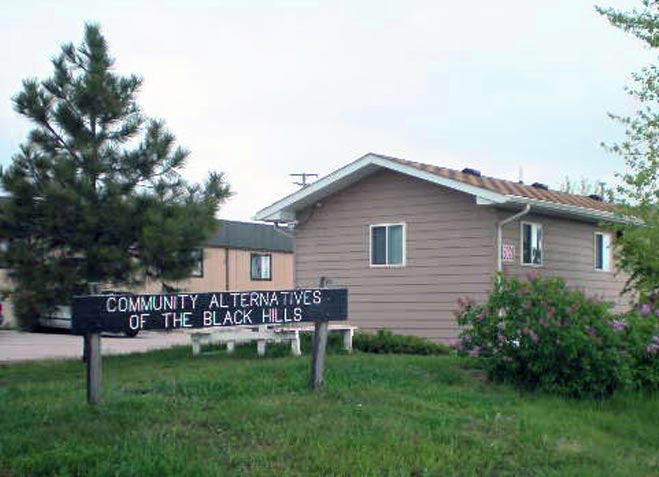
The Community Alternatives of the Black Hills in Rapid City, South Dakota, a residential reentry program operated by GEO Reentry, has launched a new class called “Credit When Credit is Due” to assist residents with navigating all-important credit and financial matters. The class is a joint collaboration between Tessa LaHaie, the facility’s director, and Terry Mills, volunteer teacher and consumer credit counselor, and has been very well received by facility residents preparing for transition to community life.
Director LaHaie and Mills met at the facility’s Community Relations Advisory Board, and they agreed on the need for residents to understand basic credit fundamentals and expand their personal financial knowledge. Mills now voluntarily teaches the class at the facility.
“We were surprised by the need and pleased by the positive reception to the class,” LaHaie said. “So many of our residents have limited understanding of credit and basic finance, how it affects them, or the importance of it for maintaining a positive lifestyle after release.”
By April 1, the residential reentry center has graduated 59 residents from the class. After seeing the success and getting all positive feedback, “Credit When Credit is Due” is now mandatory for all residents entering the facility, becoming an important part of the main curriculum.
“I have learned so much and had no idea about what a credit record is and how debt works. I looked forward to attending this class,” one resident said.
After completing the class, the facility submits a completion form to the credit bureaus verifying the resident has taken the class. Participants then receive a card which acts as a waiver on a deposit for gas and electric utilities after release.
The six-hour class includes basic budgeting, checking accounts, how debt works, how to manage debt, credit reporting and the positives and negatives of borrowing money. The popular class rounds out a full residential reentry program provided to residents to counter the cycle of incarceration.
Read more about GEO Reentry’s approach to residential reentry.
